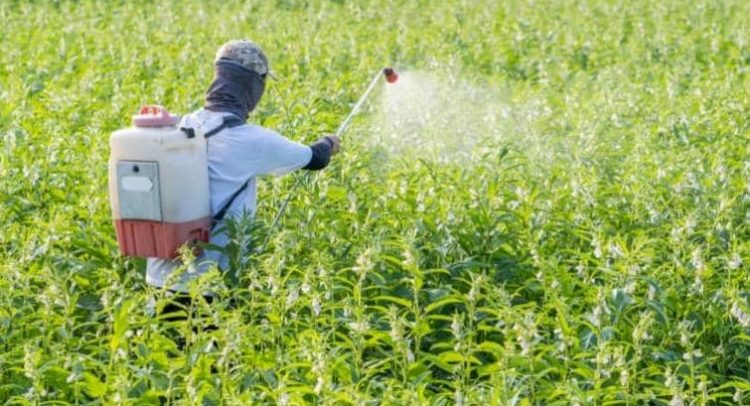For generations, Ghanaian farmers tilled the land using traditional methods passed down through generations.
They worked in harmony with nature, using natural pest control and organic fertilizers to coax bounty from the earth.
However, with the advent of agrochemicals, this delicate balance has been disrupted, putting human health and the environment at risk.
In recent years, Ghana has seen a surge in the use of agrochemicals, with a 20% increase in imports between 2015 and 2020, according to the Ghana Statistical Service.
This trend is driven by the desire for higher yields and easier pest control.
However, the consequences are alarming.
Exposure to agrochemicals has been linked to a range of health problems, including cancer, neurological damage, and reproductive issues.
A study by the University of Ghana’s School of Public Health found that 70% of farmers in the northern region reported health problems related to pesticide use.
The impact on children is particularly concerning.
According to UNICEF, exposure to agrochemicals can affect brain development, leading to lower IQs and increased risk of Attention Deficit Hyperactivity Disorder (ADHD).
The environmental costs are equally stark. Agrochemical runoff pollutes water sources, harming aquatic life and contaminating the food chain.
The Ghana Water Company has reported a 30% increase in pesticide residues in water samples since 2018.
It’s time for Ghana to rethink its approach to farming.
By supporting sustainable practices and organic farming methods, we can protect human health and the environment while ensuring food security.
Source: Jacqueline Sam
Department of Journalism and Media Studies, UEW


